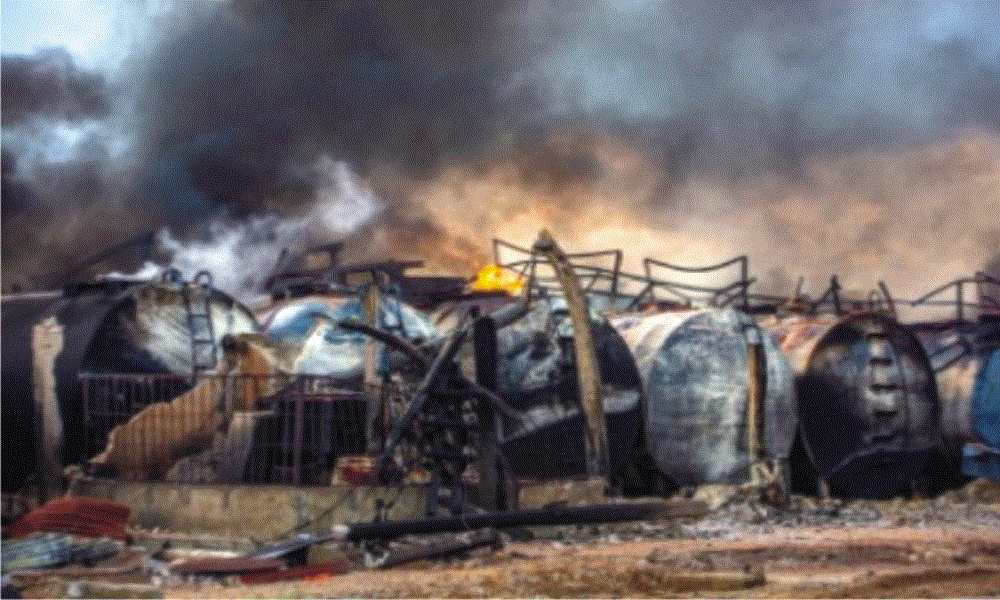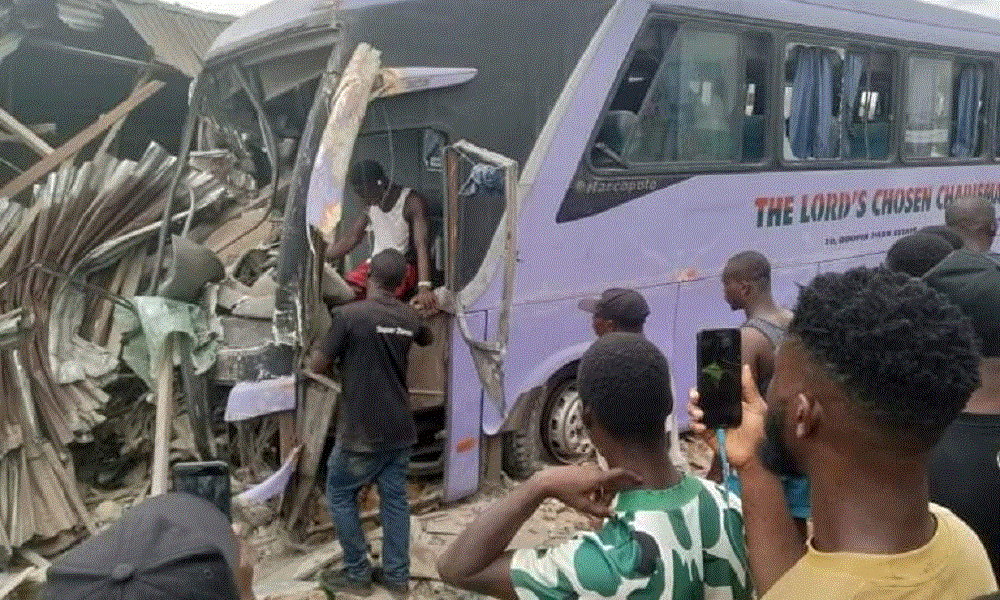Downstream Oil Operators Get New Safety Guidelines In Rivers
Given the recent spate of oil downstream incidents in the country, especially in Lagos which caused huge economic losses, and the need to avert similar occurrences in Rivers, a state that houses about 60 percent of facilities of Nigeria’s oil and gas industry, the state ministry of energy and natural resources has issued reviewed safety guidelines to oil downstream operators in the state.
Nigeria’s history of downstream operations is prone with incidents with varying degrees of fatalities. Data from the Department of Petroleum Resources (DPR) indicate that there are 95 documented incidents with 125 fatalities as of December 2020.
According to Peter Medee, the commissioner for energy and natural resources, cases of downstream sector incidents have been graciously minimal, but with increasing human activities in the sector, he said there was urgent need to rein in things to avert similar human and property catastrophe.
In Rivers State, there are over 700 fully operational filling stations, about 200 active liquefied petroleum gas (LPG) refilling plants and 25 depots.
All these require risk-prone operations due to the presence of highly flammable petroleum products, fumes, high pressure gas and static electricity.
Perhaps, the state’s biggest fatal fire incident was the 23 January 2021 incident at Adrose Gas Company Ltd, an LPG refilling plant which claimed four lives. The incident was due to venting operation after discharge, and poor adherence to safety practices.
The state energy and natural resources ministry is collaborating with the DPR, African Centre for Environmental Protection (ACEP) and the Rivers State University’s Sustainable Development Centre (SDC) to sensitize stakeholders and operators in the downstream sector to comply with safety standards and enforcement status.
The DPR is backing the framework with its Minimum Industry Safety Training for Downstream Operations (MISTDO).
At a workshop in the state university’s amphitheatre, operators drawn from filling stations, LPG refilling plants, products depot owners (PDOAN), petroleum tanker drivers (PTDs), NUPENG and tank farm cleaners and hydro-plastics association (TCHAN) were sensitized to, henceforth, ensure minimum industry safety standards.
Meanwhile, Nlerum Sunday Ofogbule, a professor and vice chancellor of RSU, announced the establishment of a MISTDO centre in the university for training of downstream sector operators on safety guidelines adherence.




